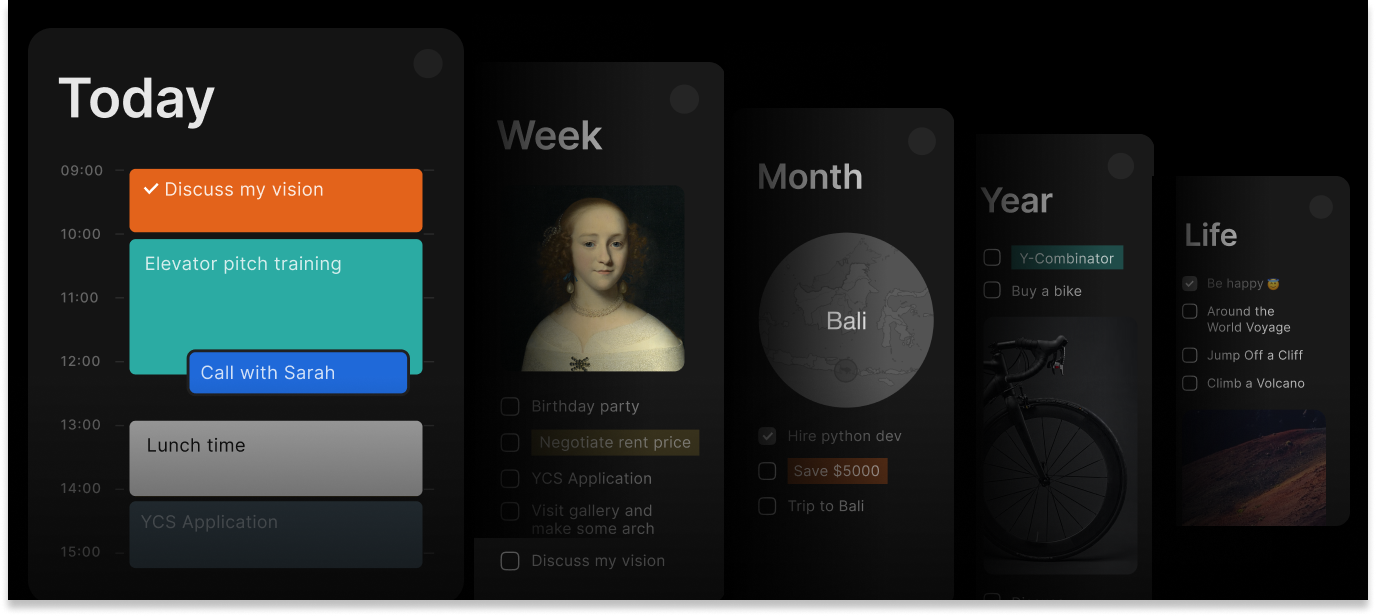How to Write Smart Goals: Your Complete Guide to Success

Here’s the deal: vague goals like “get fit” or “make more money” sound nice, but they’re about as useful as trying to navigate with a broken GPS. Smart goals give you that clear direction you need, whether you’re trying to climb the career ladder, learn a new skill, or finally organize that disaster zone you call a closet.
Breaking Down Smart Goals: It’s Simpler Than You Think
So smart goals definition – what’s all the fuss about? It’s actually pretty straightforward. Back in 1981, George T. Doran came up with this framework that basically says “Hey, maybe we should be more specific about what we want”. Revolutionary stuff, right?
But seriously, the smart goals meaning is all about taking those fuzzy ideas floating around in your head and turning them into something you can actually work with. Instead of “I want to be successful”, you end up with “I want to increase my client base by 30% in the next six months”. See the difference? One makes you feel good for about five minutes, the other gives you something to actually do.
S – Specific: Getting Crystal Clear About What You Want
Let’s talk about being specific. What does the s in smart goals stand for? It’s all about ditching the fluff and getting down to brass tacks. When you say “I want to get healthier”, your brain basically shrugs and goes “Cool story, bro”. But when you say “I want to walk 10,000 steps every day for the next month”, suddenly your brain perks up and starts making plans.
Think of it this way – if you told your friend “meet me somewhere nice for dinner”, they’d probably spend 20 minutes texting you back asking “where exactly?” Being specific with your goals saves you from that same confusion, except the confused friend is future you.
Here’s what helps me get specific with goals:
- Pin down exactly what success looks like
- Figure out who needs to be involved
- Identify what resources you’ll need
- Understand why this matters to you
- Know where this will happen
M – Measurable: Numbers Don’t Lie
Here’s where things get interesting. Smart goal examples that work all have one thing in common – you can measure them. It’s like the difference between saying “I want to save some money” versus “I want to save $500 every month”. One makes you feel virtuous, the other makes you check your bank account.
The beauty of measurable goals is that they keep you honest. You can’t fool yourself into thinking you’re making progress when the numbers tell a different story. Plus, there’s something deeply satisfying about watching those numbers climb – it’s like a real-life progress bar.
Ways to make your goals measurable:
- Use actual numbers whenever possible
- Track frequency (daily, weekly, monthly habits)
- Monitor quality scores or ratings
- Set milestone checkpoints along the way
A – Achievable: Keeping Your Feet on the Ground
Now, don’t get me wrong – I’m all for dreaming big. But smart goal setting is about finding that sweet spot between “boring and easy” and “completely impossible”. It’s like Goldilocks, but for ambitions.
I learned this the hard way when I decided I was going to learn fluency in three languages simultaneously while working full-time. Spoiler alert: it didn’t go well. An achievable goal pushes you just enough to grow without setting you up to crash and burn.
Think about these factors:
- What skills do you currently have?
- How much time can you realistically dedicate?
- What resources are actually available to you?
- What obstacles might pop up along the way?
- What’s worked for you in similar situations before?
R – Relevant: Making Sure It Actually Matters
This is where a lot of people trip up. Examples of smart goals that fail often do so because they sound good on paper but don’t actually connect to anything meaningful in your life. It’s like buying a gym membership when you hate exercise – technically it’s a health goal, but if it doesn’t fit your personality or lifestyle, it’s just an expensive way to feel guilty.
A relevant goal should feel like a natural next step in your journey, not some random detour that takes you nowhere useful. If your ultimate dream is to start your own business, then learning advanced spreadsheet skills might be more relevant than, say, becoming a master chess player (unless you’re planning to start a chess-related business, in which case, carry on).
Ask yourself:
- Does this connect to my bigger picture?
- Will this actually move me forward?
- Is this the right time for this particular goal?
- Does this align with what I value most?
T – Time-bound: Creating Your Own Deadline
Smart goal example: “I’ll get around to it someday” versus “I’ll complete this by December 15th”. Guess which one actually happens? Time limits create that magic ingredient called urgency, and urgency is what transforms good intentions into actual action.
Without a deadline, goals become suggestions. With a deadline, they become commitments. It’s the difference between “I should really clean out my garage” (said every weekend for three months) and “I’m having a garage sale next Saturday, so everything needs to be sorted by Friday”.
Consider these timing approaches:
- Set a firm final deadline
- Create mini-deadlines for major milestones
- Plan weekly or daily action steps
- Consider seasonal factors that might affect your timeline

Writing Your Smart Goals: The Step-by-Step Process
Alright, so how to write a smart goal in practice? Start with whatever vague idea is rattling around in your head, then put it through the smart filter. It’s like taking a rough diamond and polishing it until it shines.
Smart goals examples that work follow this pattern:
- Get specific about the outcome: What exactly will be different when you succeed?
- Add the numbers: How will you track progress and know when you’re done?
- Reality check: Is this actually doable given your current situation?
- Connect to your bigger why: How does this fit into your life story?
- Set your deadline: When will this be completed?
Smart goals example in action: “I will increase my freelance income by $1,000 per month within the next four months by acquiring three new regular clients through networking and improving my portfolio”. See how it hits all five criteria without sounding like a textbook?
Remember to schedule regular check-ins with yourself. Goals aren’t “set it and forget it” deals – they need maintenance, just like everything else worth having.
Pro Tips for Smart Goal Success
Here’s what I’ve learned from years of smart goal definition trial and error:
Write your goals like you’re talking to a friend, not like you’re filling out a legal document. Use language that actually motivates you, not language that sounds “professional”. If calling it your “epic reading challenge” gets you more excited than “annual literary consumption goal”, go with epic.
Break big goals into smaller pieces that don’t make you want to hide under the covers. Example of smart goals done right: instead of “write a book”, try “write 300 words three times per week”. Much less terrifying, much more doable.
Tell someone about your goals. Accountability partners are like having a gym buddy for your ambitions – they show up even when you don’t feel like it and remind you why you started in the first place.
Track your progress visually. Whether it’s a simple calendar with X’s marked off or a fancy app with progress bars, seeing your momentum builds more momentum.
Wrapping Up: Your Next Steps
Understanding what is a smart goal is just the beginning. The real magic happens when you start applying this framework to the things that actually matter to you. Smart goals definition isn’t about creating perfect objectives – it’s about creating clear ones that you’ll actually pursue.
The beauty of this approach is that it works for everything: career moves, health improvements, learning new skills, strengthening relationships, or finally tackling that home project you’ve been avoiding. The framework stays the same, but the possibilities are endless.
Ready to turn your ideas into action? Timestripe makes it simple to create, track, and achieve your smart goals with intuitive planning tools that fit your lifestyle. Stop letting great intentions gather dust – start building the future you actually want, one smart goal at a time.
Read next



